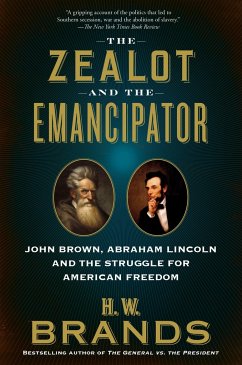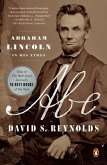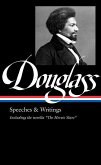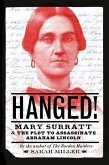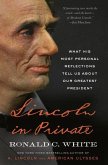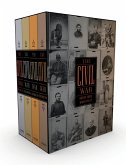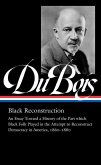"What do moral people do when democracy countenances evil? The question, implicit in the idea that people can govern themselves, came to a head in America at the middle of the nineteenth century, in the struggle over slavery. John Brown's answer was violence--violence of a sort some in later generations would call terrorism. Brown was a deeply religious man who heard the God of the Old Testament speaking to him, telling him to do whatever was necessary to destroy slavery. When Congress opened Kansas territory to slavery, the eerily charismatic Brown raised a band of followers to wage war against the evil institution. One dark night his men tore several proslavery settlers from their homes and hacked them to death with broadswords, as a bloody warning to others. Three years later Brown and his men assaulted the federal arsenal at Harpers Ferry, Virginia, with the goal of furnishing slaves with weapons to murder their masters in a race war that would cleanse the nation of slavery once and for all. Abraham Lincoln's answer was politics. Lincoln was an ambitious lawyer and former office-holder who read the Bible not for moral guidance but as a writer's primer. He disliked slavery yet didn't consider it worth shedding blood over. He distanced himself from John Brown and joined the moderate wing of the new, antislavery Republican party. He spoke cautiously and dreamed big, plotting his path to Washington and perhaps the White House. Yet Lincoln's caution couldn't preserve him from the vortex of violence Brown set in motion. Arrested and sentenced to death, Brown comported himself with such conviction and dignity on the way to the gallows that he was canonized in the North as a martyr to liberty. Southerners responded in anger and horror that a terrorist was made into a saint. Lincoln shrewdly threaded the needle of the fracturing country and won election as president, still preaching moderation. But the time for moderation had passed. Slaveholders lumped Lincoln with Brown as an enemy of the Southern way of life; seven Southern states left the Union. Lincoln resisted secession, and the Civil War followed. At first a war for the Union, it became the war against slavery Brown had attempted to start. Before it was over, slavery had been destroyed, but so had Lincoln's faith that democracy can resolve its moral crises peacefully"--
Bitte wählen Sie Ihr Anliegen aus.
Rechnungen
Retourenschein anfordern
Bestellstatus
Storno

